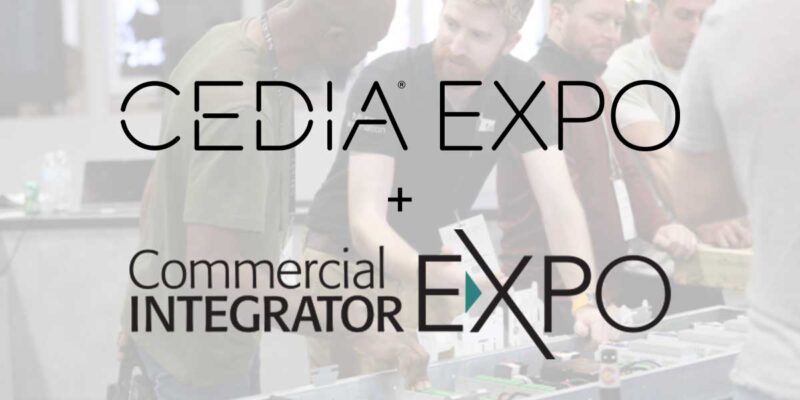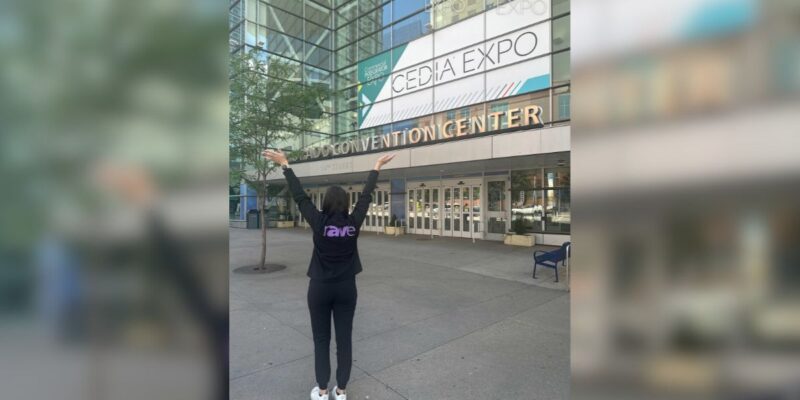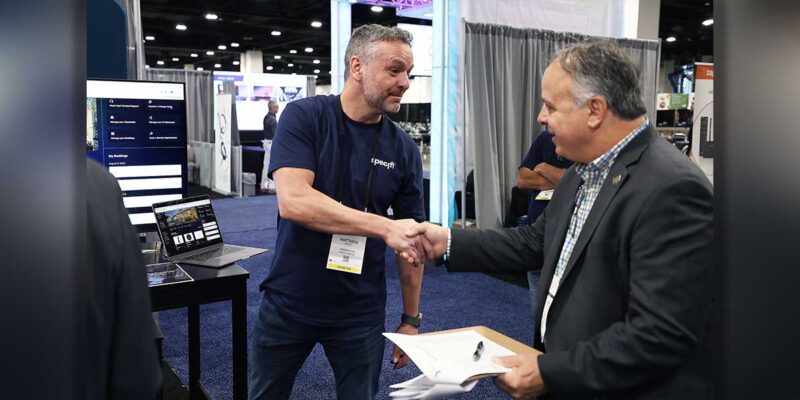New Version of HDMI Correction Tool Debuts from Metra Home Theater Group

Metra Home Theater Group (MHTG) is introducing the second generation of its HDMI all-in-one correction tool, the HDM-AIO2, at the 2019 CEDIA Expo. This product fixes most of the common HDMI problems that installers experience in today’s home theater systems and now has a smaller footprint and lower price tag, along with a completely redesigned circuit board to increase efficiency and provide faster input switching. Its predecessor, the HDM-AIO, was a toolbox favorite for custom integrators and home theater professionals, allowing installers to get out a problem job fast. Now, the HDM-AIO2 will be shipping soon and on display at the 2019 CEDIA Expo booth #1338.
When an HDMI signal is initiated there is a 5V trigger sent from the source to the display to wake the display up, the display responds with the hot plug return trigger to let the source know that it is there and ready to negotiate. However, this process can get sidetracked quite easily by a number of factors.
These factors can include:
- Voltage and or current that is too low on either the 5V / hot plug return.
- Hot plug is not interrupted between source selections (this is necessary for the EDID reset).
- Insufficient voltage and current being returned down the TMDS channels.
- EDID (DDC) rise time is too high due to capacitive loading on the low speed data bus.
The HDM-AIO2 provides a hot plug interrupt, fixes EDID start up issues, supplements voltage/current in the TMDS feed, 5V feed and hot plug feed, plus provides voltage matching for both input and output of the device. This ensures that the common rail voltage is consistent from source to sink. Its EDID capacitive stripping corrects the most common EDID problems, including audio dropouts, “mode not supported” and “frequency out of range” error messages. Once it is correctly installed and connected to a controlled relay, the HDM-AIO2 will usually resolve all of the problems listed above.
The HDM-AIO2 supports up to 24Gbps bandwidth and all versions of HDCP formats. Here are more detailed specs.
Learn more in this quick video from CEDIA 2019:





